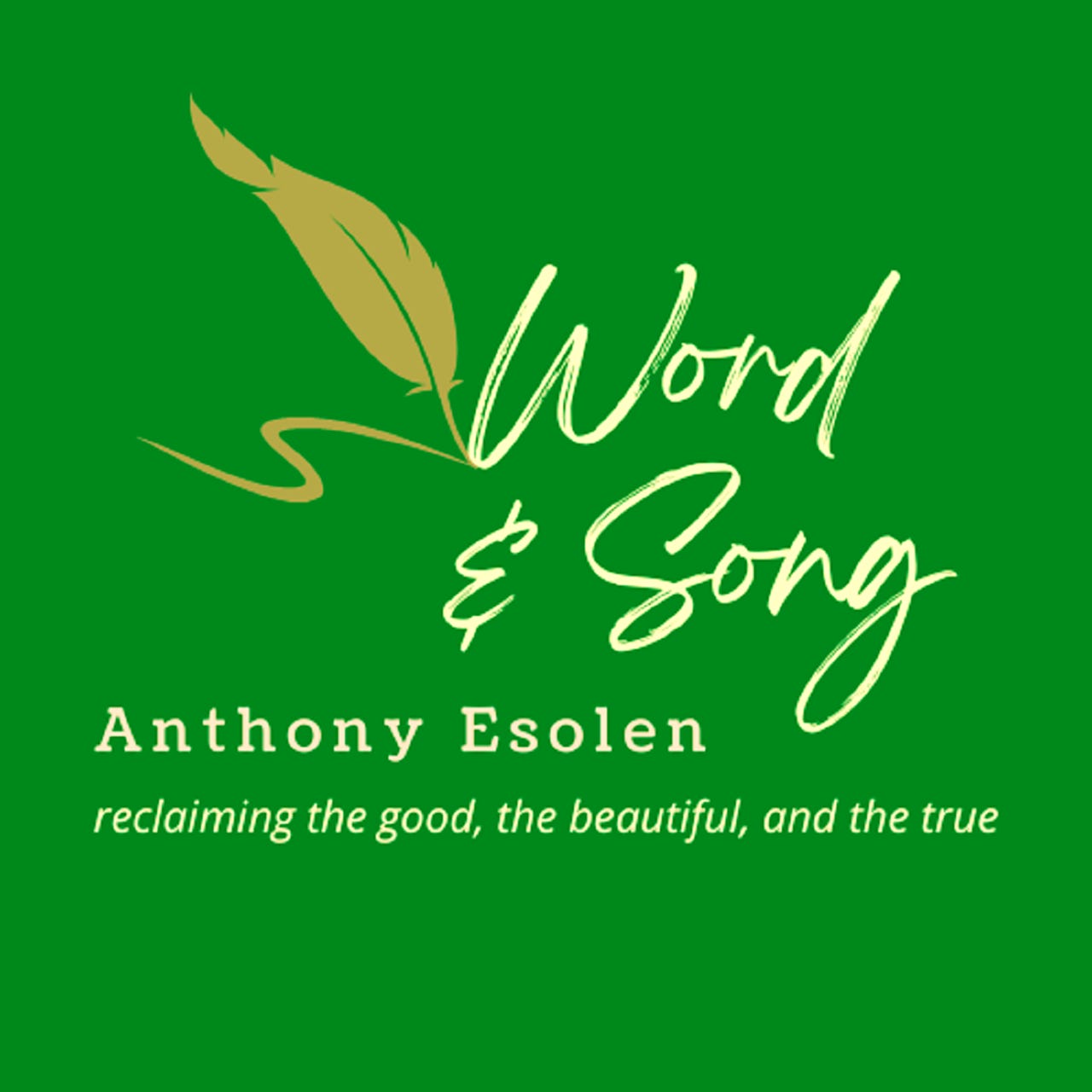More Stormy Weather
Manage episode 426232735 series 3540370
American popular music was already sizzling in the 1930’s, but even in a hot market Sometimes a Song can become iconic overnight. “Stormy Weather” was such a song, written by a prolific composer whose name few people recognized in his own day and fewer still recognize now. But Harold Arlen was well known and highly respected by professional singers and musicians and other lyricists with whom he worked, among them the likes of Johnny Mercer, Ira Gershwin, and Oscar Hammerstein. During his career, Arlen composed over five hundred songs, including too many American Songbook standards to list here.
If Arlen himself was something of an “unsung” musical hero, his songs were most definitely sung everywhere and all the time in the U.S. and around the world. And if you’ve heard “Over the Rainbow” — or any of the songs from The Wizard of Oz — or "It’s only a Paper Moon,” or “That Old Black Magic,” or “One for My Baby,” or Judy Garland’s other signature piece, “The Man that Got Away,” you know the work of Harold Arlen.
Over many decades, Arlen composed musicals for Broadway and for Hollywood. But he began his career (as so many 20th Century composers did) on the Vaudeville circuit, and eventually he made his way to New York City. There he played piano and wrote songs for Harlem’s famed Cotton Club, where Ethel Waters premiered his “Stormy Weather” in 1933. Her recording of the song reached the very top of the charts that year and was so popular that the Cotton Club did their first road tour in a production called The Stormy Weather Review. From the Cotton Club it was a quick hop for Arlen to Broadway, when in 1934 he was invited by Ira Gershwin to compose the score for a musical review called, Life Begins at 8:40. That show didn’t produce any titanic songs, but it did give Arlen a Broadway audience and the opportunity to work with the likes of Bert Lahr and Ray Bolger, with whom he became life-long friends and for whom he custom-designed music in “The Wizard of Oz” only a few years later.
It was while working for Hollywood musicals from the late 1930’s through the war years that Arlen began teaming up with lyricist, Johnny Mercer. And in 1946, he returned to Broadway to collaborate with Mercer on a Broadway play called, “St. Louis Woman,” for which the pair composed a song that perfectly suits our Word of the Week. Although it didn’t create an immediate sensation, “Come Rain or Come Shine” grew steadily in popularity over the many decades and became a jazz standard. The song has been commercially recorded over 775 times, by a simply astounding number of singers and musicians, from Tommy Dorsey (the first to record it) to Dinah Shore, Frank Sinatra, Perry Como, Tony Bennett, Sammy Davis, Jr., Rosemary Clooney, and to unlikely singers such as Kate Smith and Jerry Lewis, and Petula Clark. Simply everyone wanted to — and did! — jump on THAT bandwagon.
Of course Arlen’s most famous song is “Over the Rainbow,” the Academy Award winner for Best Song in 1939. The song is still so popular that both the Recording Industry Association of America and The National Endowment for the Arts have placed it first on their lists of “songs of the century.” Not surprisingly, Arlen was inducted into both The Songwriters’ Hall of Fame and The Musical Theater Hall of Fame. Upon hearing of Harold Arlen’s death, Irving Berlin paid him this tribute: "He wasn't as well known as some of us, but he was a better songwriter than most of us, and he will be missed by all of us."
Not a bad showing for a cantor’s son from Buffalo!
Share Word & Song by Anthony Esolen
A Note about This Week’s Essay: There are so many great songs about rain that my head is swimming! (So sorry. I couldn’t resist that little joke.) Don’t even ask me how many rain songs I’ve listened to this week. Ultimately I decided that the best-ever rain songs were two by Harold Arlen. So I adapted and expanded for you an early Word & Song entry featuring the great Ethel Waters and added an additional song by the outstanding Billie Holiday.
Word & Song by Anthony Esolen is an online magazine devoted to reclaiming the good, the beautiful, and the true. We publish six essays each week, on words, classic hymns, poems, films, and popular songs, as well a weekly podcast for paid subscribers, Poetry Aloud or Anthony Esolen Speaks. Paid subscribers also receive audio-enhanced posts and access to our full archive and to comments and discussions. We value all of our subscribers, and we thank you for reading Word and Song!
6 tập





